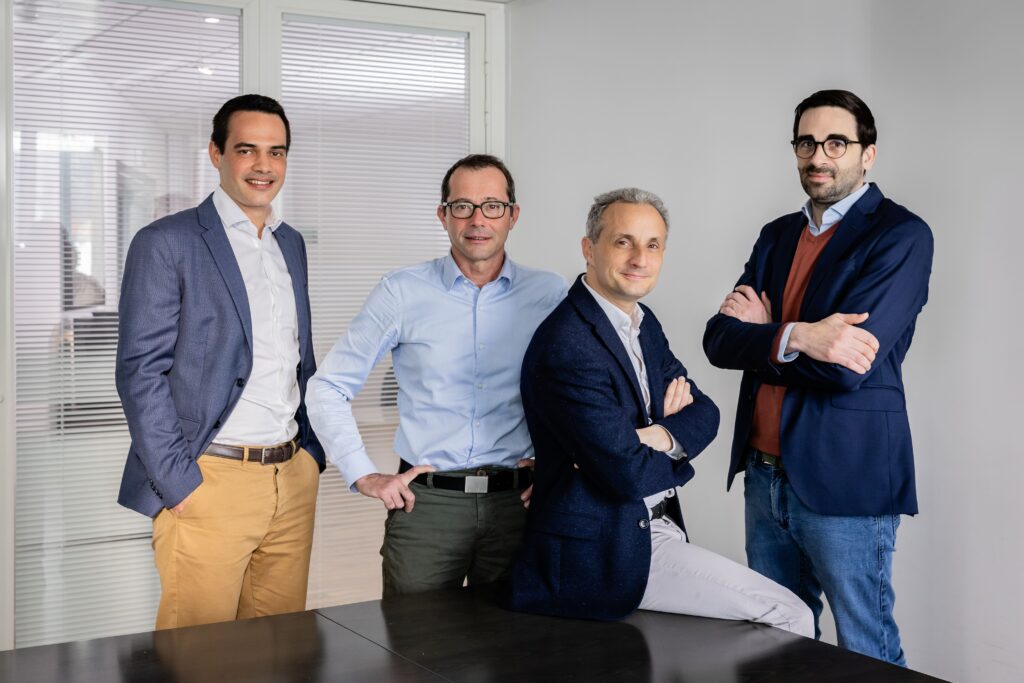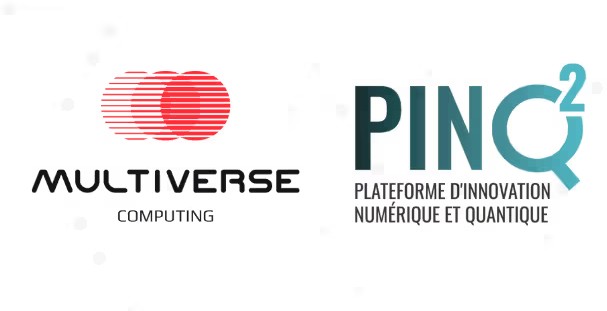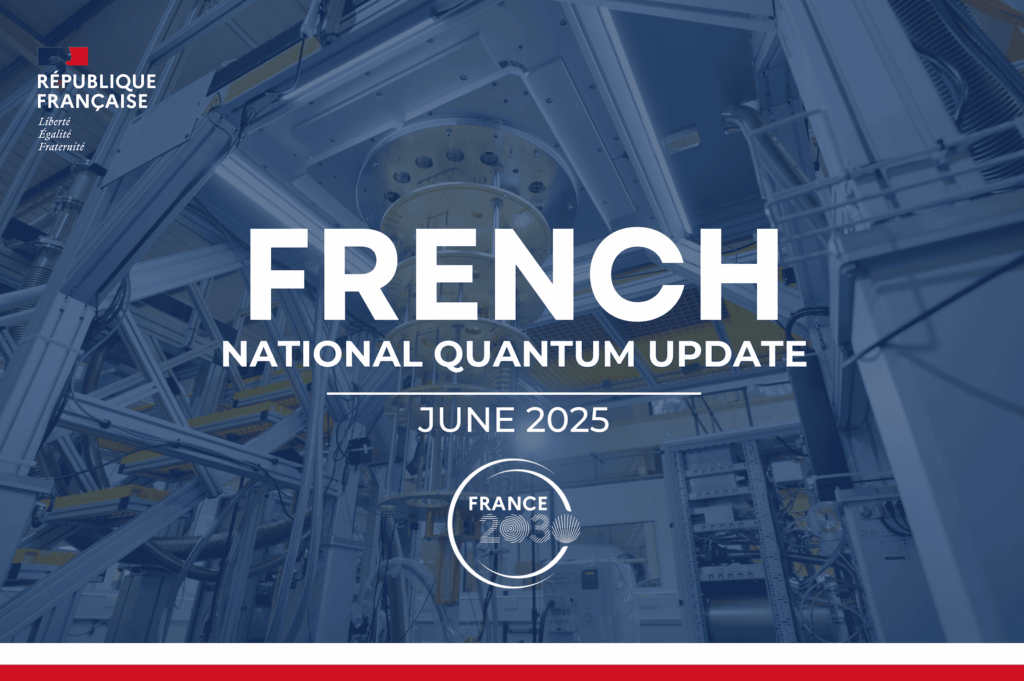Quantum Computers Everywhere
Like any other disruptive technology, quantum computing has its advocates and detractors. Professor Winfried Hensinger — lead at the Sussex Ion Quantum Technology Group and the director of the Sussex Centre for Quantum Technologies — is one such supporter. A Co-founder of Universal Quantum, a full stack quantum computing company, where he serves as Chief Scientist and Chairman, Hensinger talked to Dr. Shini Somara, host of Quantum Decoded, a few days ago as to why we should all be invested in quantum computing.
“First of all, I think it’s important to recognize that quantum computers are all around us,” Hensinger began. “So right now, IBM provides you with the opportunity to log in to their quantum computers. These are very small and they can’t really do any useful applications, as they only have a handful of qubits.”
Though Hensinger, who obtained his Ph.D. at the University of Queensland, Australia under the guidance of Halina Rubinsztein-Dunlop, Norman Heckenberg and Gerard Milburn in the field of experimental nonlinear quantum dynamics with ultracold atoms, said that there are some quantum technologies that can scale to much larger qubit numbers where you can solve much more interesting problems.
“This is in the field I work in. We work with little charged atoms (ions) which are formed at the core of this quantum computer. Quantum computing is highly disruptive, and a technology that will change the way we live and work.”

Hensinger, however, made it clear it’s practically challenging to build useful quantum computers and that at the moment the technology is nowhere near being functional or beneficial. He added — which is key here to future advancements — that he and his team are scaling quantum computing to larger qubit numbers, making the analogy that quantum computers are currently like a 2GB memory stick.
“What we’re building right now in a really exciting age,” said Hensinger, “is big machines. “The company I co-founded and where I’m CSO, Universal Quantum, we’re now making the transition to building one-million qubit quantum computers — machines that can really do interesting things.
Universal Quantum’s co-founder is conscious of the fact this is not a thing that will happen tomorrow, as there is plenty of time to learn about this technology.
Magic Boxes
“I think it’s important to appreciate what goes into these machines to get a feeling for what they can do,” said Hensinger. “These are not wonder machines that can just solve anything. They’re not magic boxes.”
With that argument laid out, Hensinger then gave his opinion that it has never been a better reason to study STEM subjects, to engage with something that is mindblowing.
“This should really motivate school children from the age of four to get into the sciences,” Hensinger added, letting the host know with a smile that his dream as a child was to be the science officer on the Starship Enterprise.
Climate Question
A question Shini Somara put to Hensinger was his startup’s technological approach, highlighting how he is so supportive of the charged-ion qubit modality rather than say, IBM and Google’s use of superconducting quantum computers. She noted the fact they use a lot of power, which is not good for the climate question, and asked about the future of the industry:
“I think there is a big drift of research moving towards trapped ions, but you have to understand that I did a lot of research when I first got into quantum computing as to which platform would be the best for me,” said Hensinger, though he believes scientists researching different qubit modalities should keep it up as it’s better for the industry as a whole.
Whatever happens, whichever qubit approach wins out, what Hensinger and others are doing in the industry is driving us as an industry forward.
And that can only be a good thing.
For more market insights, check out our latest quantum computing news here.
















